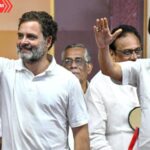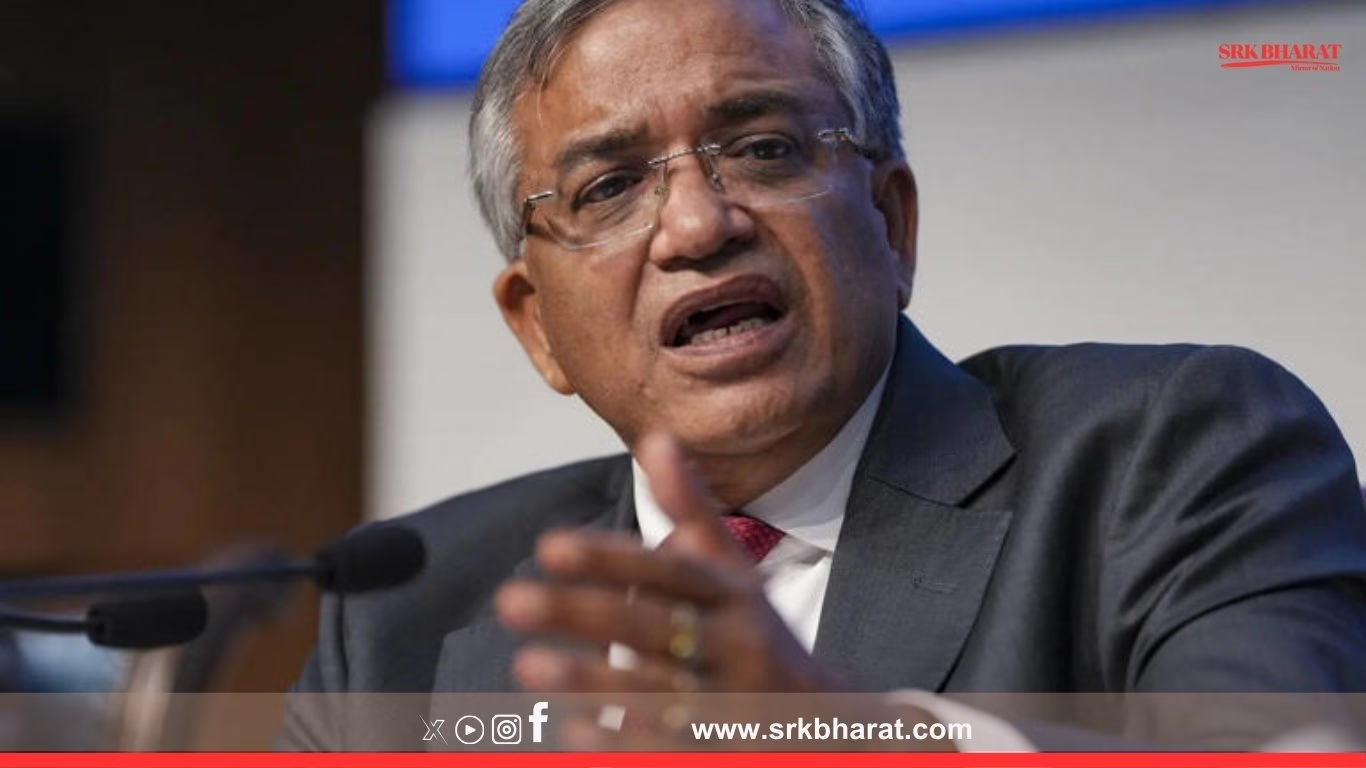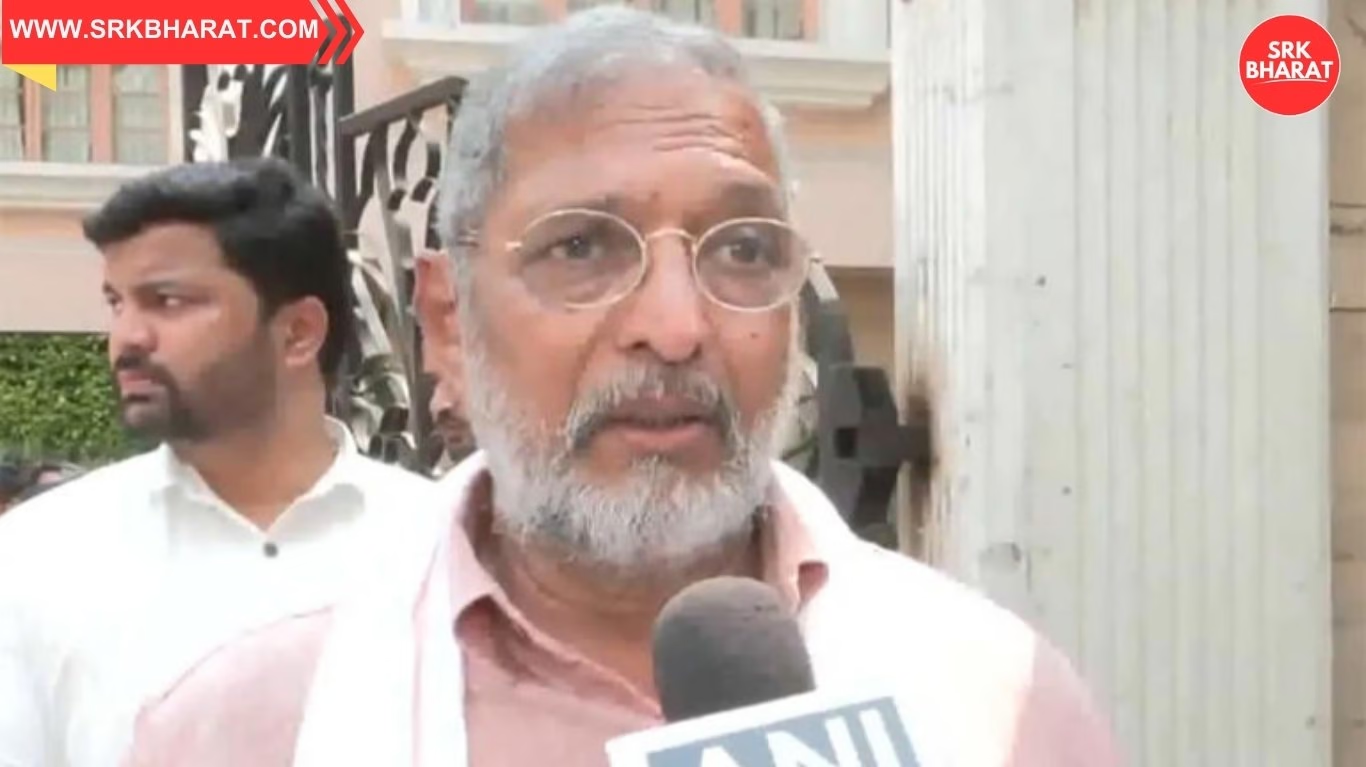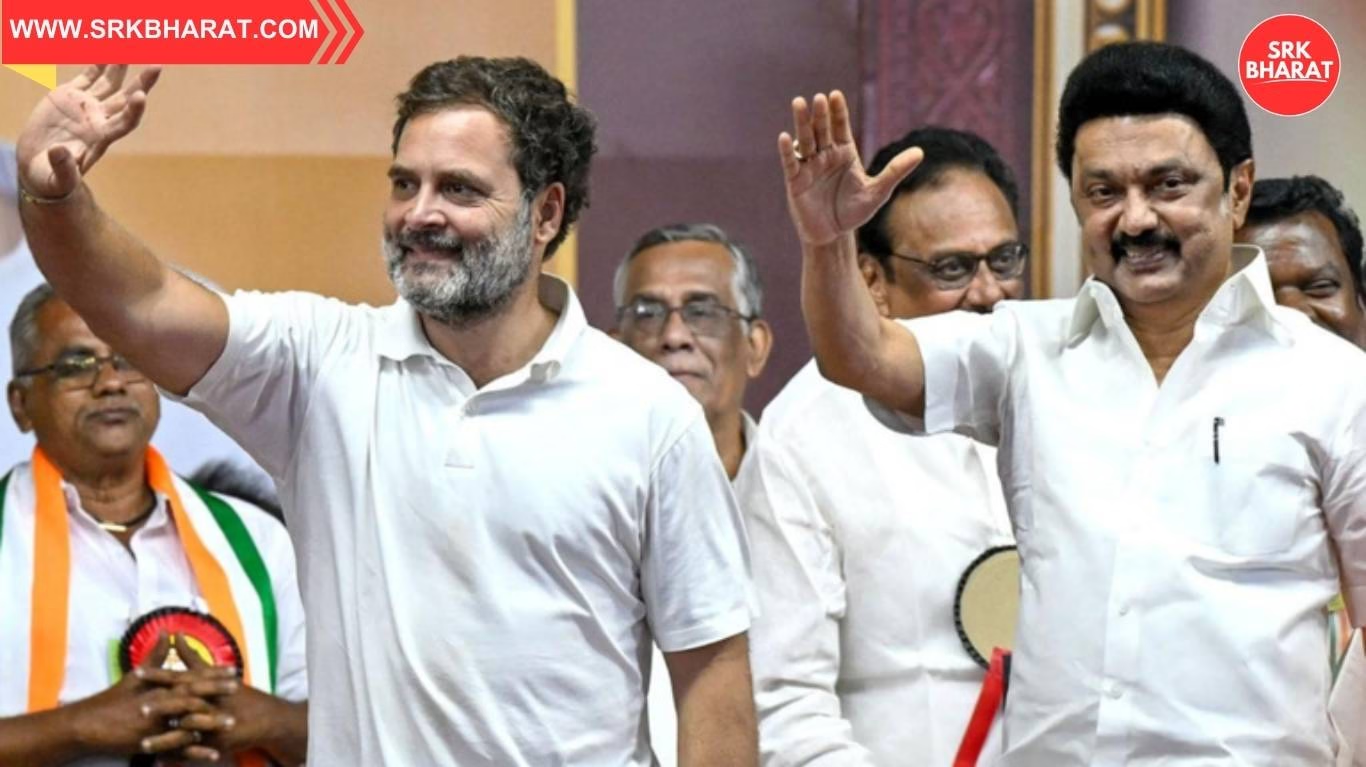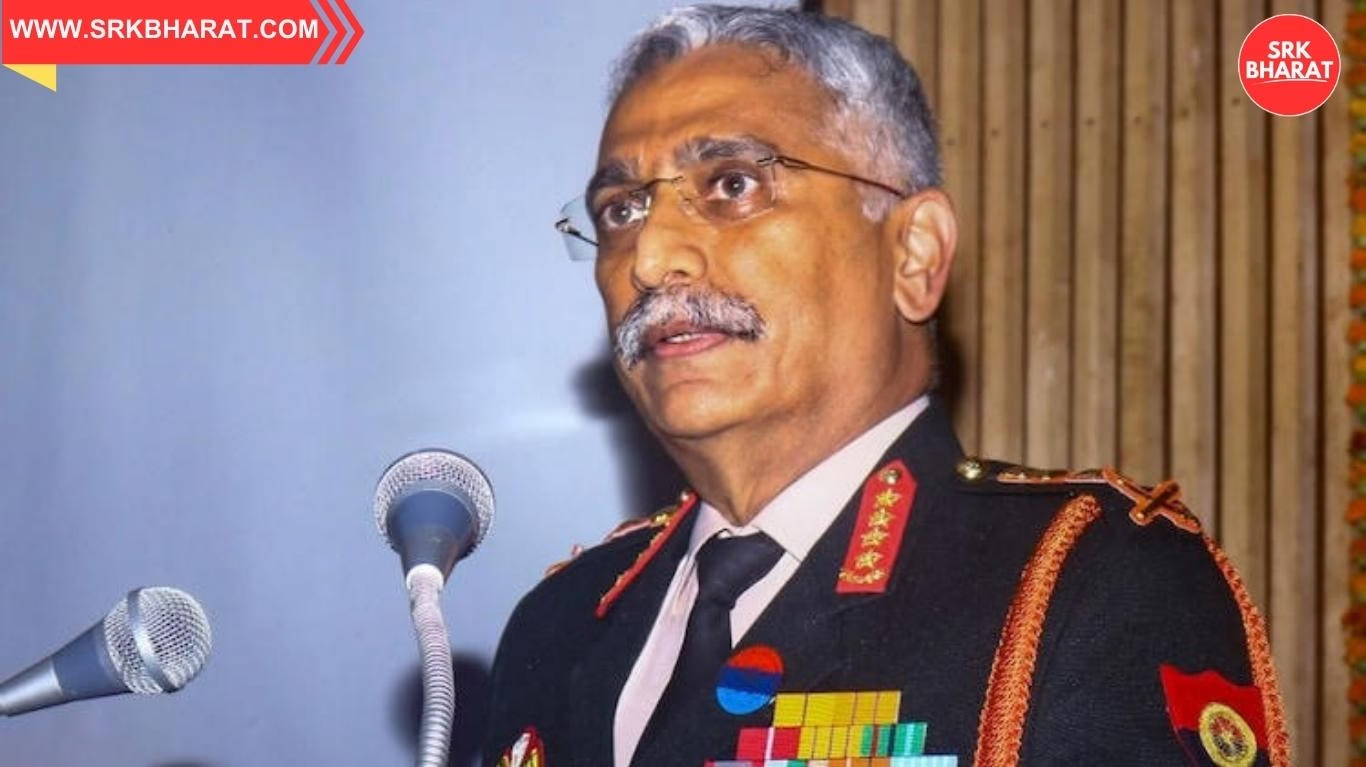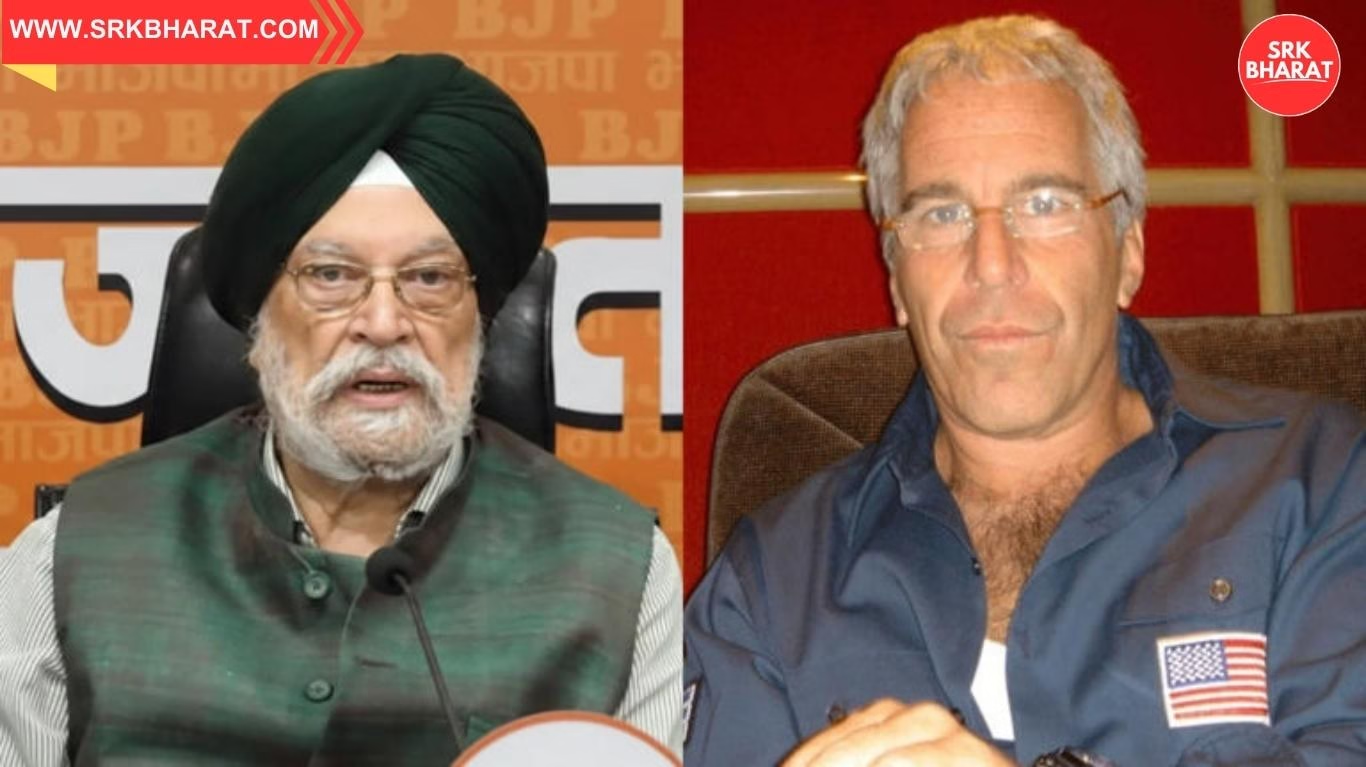The political landscape in India has once again heated up after Congress leader Rahul Gandhi received a 7-day ultimatum from the Chief Election Commissioner (CEC) over his explosive allegations of “vote chori” (vote theft). Gandhi, in a series of recent public addresses, accused the ruling Bharatiya Janata Party (BJP) and the Election Commission of India (ECI) of manipulating electoral processes, a charge that has sent shockwaves across the political spectrum.
The Election Commission has now issued a clear directive to Rahul Gandhi: submit an affidavit with evidence to substantiate the charges or tender a formal apology. According to insiders, the CEC has categorically stated that “there is no third option,” indicating that failure to comply could result in legal as well as parliamentary consequences.
The Controversy Over ‘Vote Chori’
Rahul Gandhi’s allegation of “vote chori” has triggered intense debates. The Congress leader alleged that “democracy is being stolen,” accusing the BJP of colluding with institutions to suppress opposition voices. He claimed irregularities in Electronic Voting Machines (EVMs), misuse of government machinery, and voter suppression during the recent elections.
While Gandhi’s words have resonated strongly with his party’s base and critics of the BJP, the Election Commission has deemed the allegations as “serious, unsubstantiated, and damaging to democratic credibility.”
CEC’s Ultimatum: Affidavit or Apology
The CEC’s office issued a formal notice to Gandhi, highlighting three specific demands:
- Affidavit Submission – Gandhi must file an affidavit within seven days, supported by documented proof of his claims about electoral malpractice.
- Public Apology – If evidence is not provided, Gandhi must tender a written and public apology retracting his vote chori remarks.
- No Middle Ground – The CEC has made it clear there is “no third option,” signaling strict adherence to institutional accountability.
If Gandhi refuses to comply, the matter could be escalated to the courts, where charges of contempt, misinformation, and defamation could be pursued.
Political Stakes for Rahul Gandhi
This ultimatum comes at a time when Rahul Gandhi is positioning himself as the voice of opposition unity against the BJP. A forced apology could weaken his credibility, while failure to prove allegations in court could leave him open to legal battles. On the other hand, if he manages to submit evidence that holds legal ground, it could significantly shift the political narrative against the ruling party.
For the Congress, this development poses a strategic challenge:
- If Gandhi apologizes: It could demoralize cadres who view him as a bold challenger.
- If Gandhi submits evidence: The Congress could strengthen its electoral position ahead of state elections.
- If Gandhi resists compliance: The issue could escalate into a constitutional crisis.
Timeline of Events
| Date | Event | Impact |
|---|---|---|
| August 5 | Rahul Gandhi accuses BJP of “vote chori” at a rally | Sparks controversy and demands for proof |
| August 7 | BJP leaders demand apology in Parliament | Political uproar across both Houses |
| August 9 | Election Commission issues notice to Gandhi | Institutional response intensifies |
| August 10 | CEC gives Gandhi 7 days for affidavit/apology | Deadline set for resolution |
Opposition Reactions
Several opposition parties have expressed solidarity with Rahul Gandhi, accusing the Election Commission of acting under political pressure. Leaders from the Samajwadi Party, Trinamool Congress, and DMK have echoed Gandhi’s concerns about transparency in elections.
- Akhilesh Yadav (SP): “If questioning elections is a crime, then democracy itself is under threat.”
- Mamata Banerjee (TMC): “The Election Commission must answer the people, not silence the opposition.”
- MK Stalin (DMK): “Rahul Gandhi has raised valid concerns, and instead of an ultimatum, an inquiry should be conducted.”
BJP’s Counterattack
The ruling BJP has strongly condemned Gandhi’s remarks, calling them irresponsible, defamatory, and baseless. Union ministers have demanded strict action, suggesting that Gandhi’s comments amount to an attack on India’s democratic institutions.
- Amit Shah: “Rahul Gandhi must either produce evidence or stop insulting democracy with his lies.”
- Smriti Irani: “His repeated attacks show frustration, not facts. The people have already rejected him at the ballot box.”
Legal and Constitutional Implications
If Gandhi fails to comply, the CEC has the authority to:
- Refer the matter to the Supreme Court for contempt of constitutional institutions.
- Recommend action under Representation of the People Act for spreading misinformation.
- Seek parliamentary intervention for “breach of privilege.”
Legal experts suggest that if the case goes to court, it could set a landmark precedent for accountability in political speech.
The Bigger Picture: Democracy, Trust, and Elections
The “vote chori” controversy reflects a larger debate on the health of Indian democracy. With record voter turnouts and the widespread use of technology in elections, trust in institutions remains crucial.
| Key Issue | Congress Claim | ECI Response |
|---|---|---|
| EVM Tampering | Alleged manipulation | No evidence found in independent audits |
| Voter Suppression | Complaints from opposition states | Denied, citing monitoring mechanisms |
| Institutional Bias | Congress alleges pro-BJP tilt | ECI maintains neutrality |
What Lies Ahead
With the 7-day clock ticking, Rahul Gandhi faces one of the toughest choices of his political career. The outcome will not only determine his personal credibility but could also shape the opposition’s strategy ahead of crucial state and general elections.
If Gandhi stands by his allegations and produces evidence, the political narrative could take a seismic turn. If he fails, the BJP will likely use this as a weapon to question his leadership for months to come.
Conclusion
The ultimatum — “affidavit or apology, no third option” — is a direct challenge to Rahul Gandhi’s political courage and credibility. As the deadline approaches, the Congress leader must decide whether to back his words with evidence or walk back his claims.
Whatever the outcome, this episode underscores the fragile balance between free political speech and institutional accountability in the world’s largest democracy.
Disclaimer: This article is based on political developments, reported statements, and expert opinions. It does not independently verify Rahul Gandhi’s allegations or the Election Commission’s internal deliberations. Readers are advised to consider multiple perspectives before drawing conclusions.






